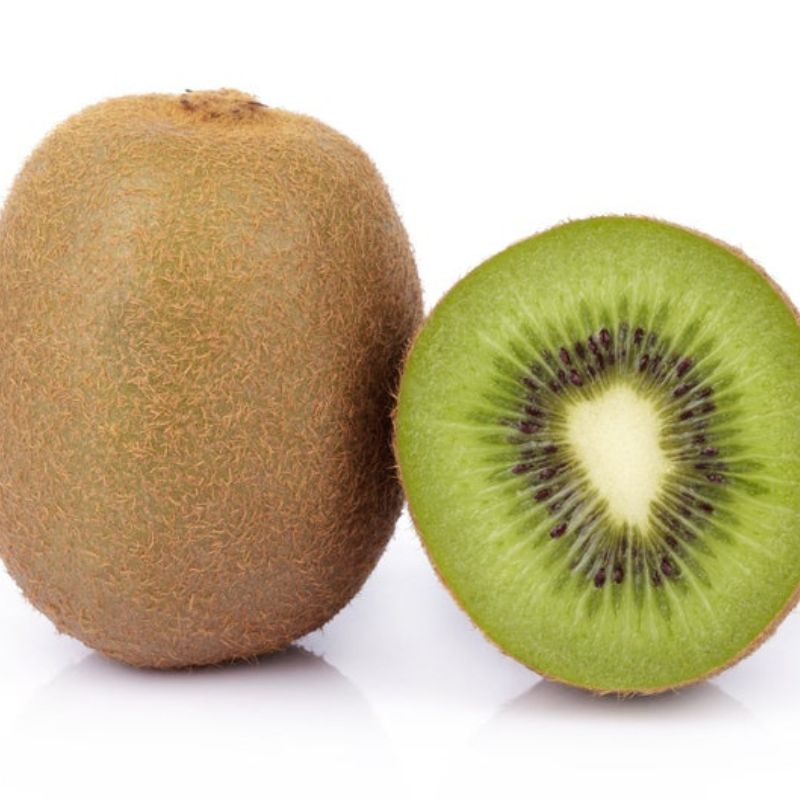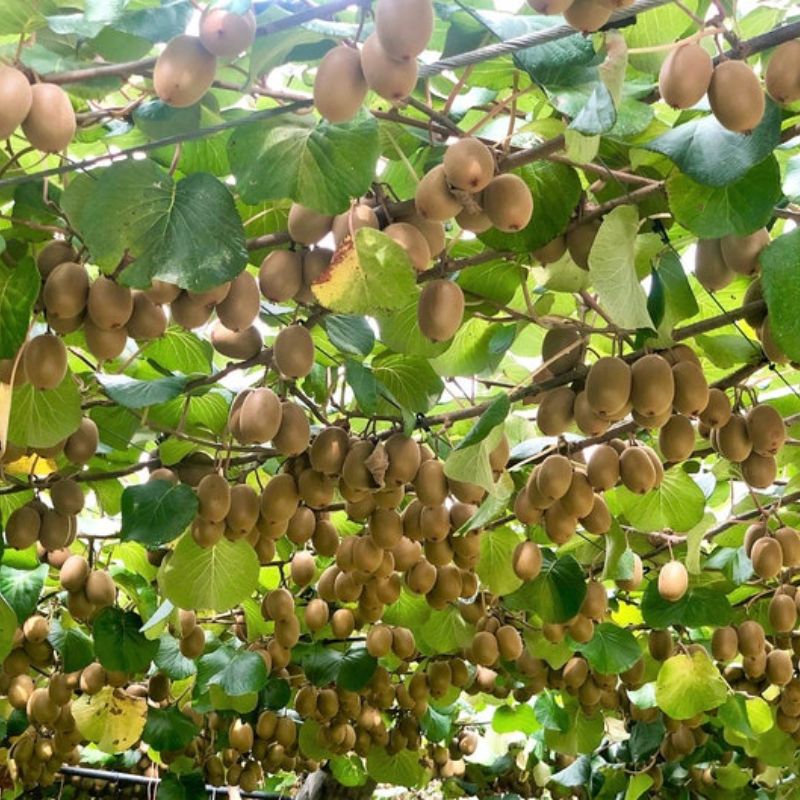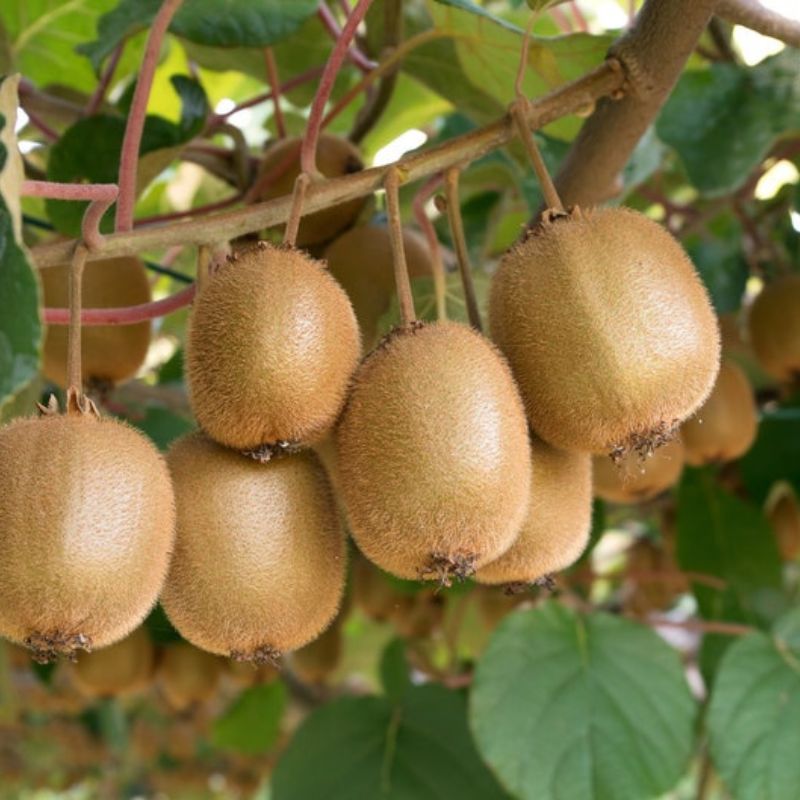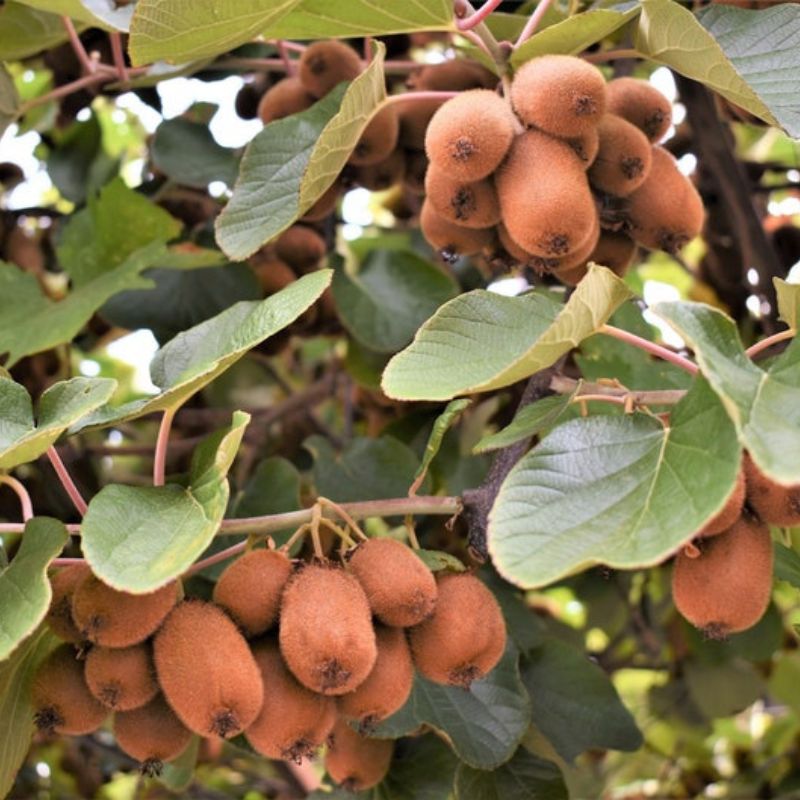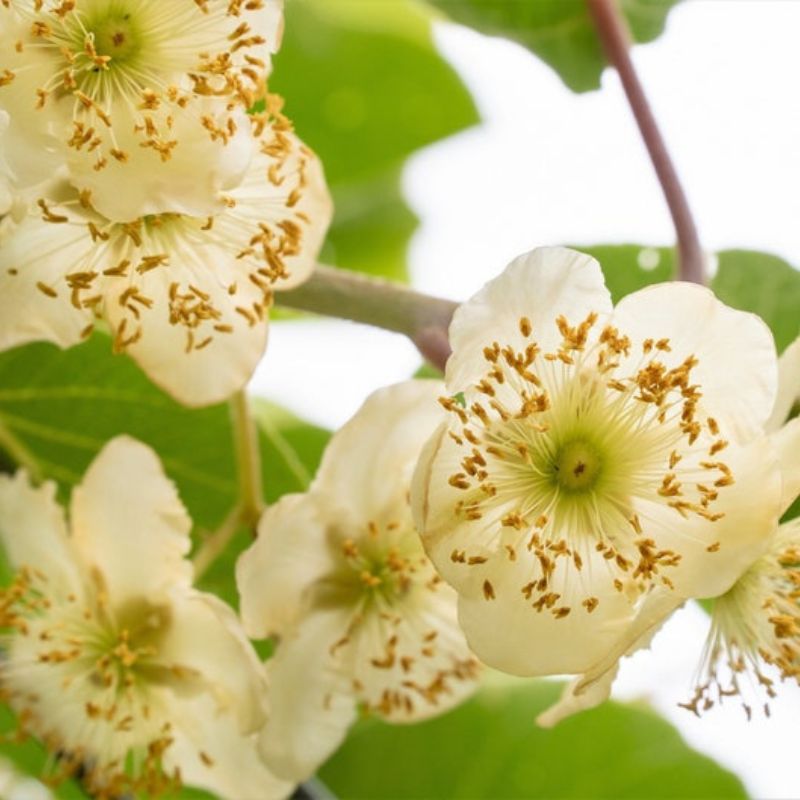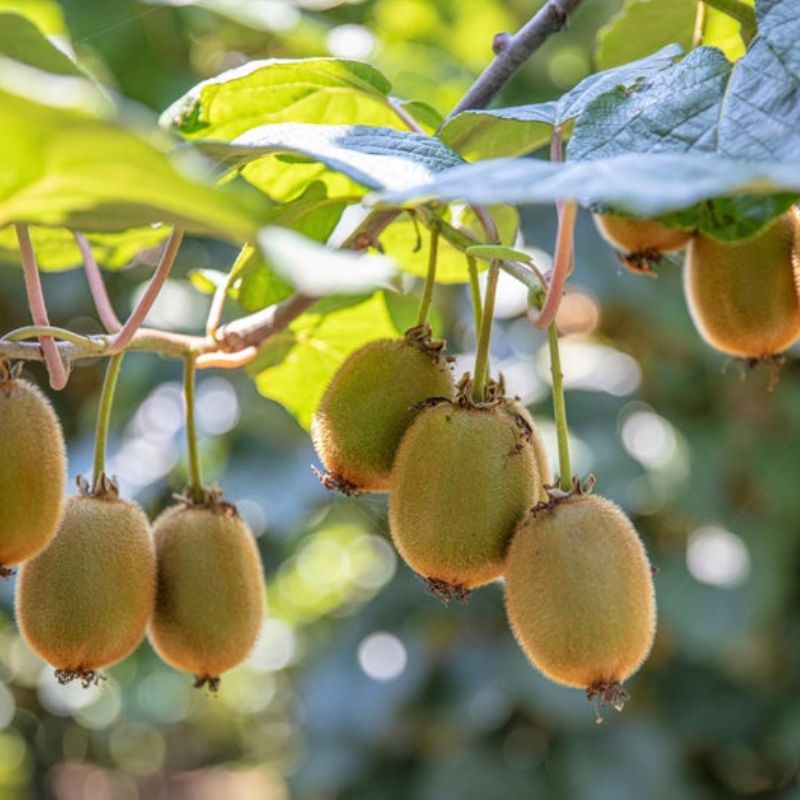- Historical context: Kiwi fruit, also known as Chinese gooseberry, has a rich history that dates back to ancient China.
- Geographical origination: The kiwi fruit originated in the Yangtze River Valley of China.
- Relevant cultural significance: In China, the kiwi fruit was traditionally used for its medicinal properties and was considered a delicacy.
- Time period of discovery: The fruit was first recorded in the 12th century during the Song Dynasty.
- Original habitat: Kiwi plants thrive in the temperate forests of China, where they grow as climbing vines.
- Notable historical uses: Historically, kiwi fruit was used in traditional Chinese medicine to aid digestion and boost the immune system.
- Ideal temperature range: Kiwi plants prefer a temperature range of 32°F to 77°F (0°C to 25°C).
- Soil type: They thrive in well-drained, slightly acidic soil with a pH of 5.5 to 7.0.
- Sunlight requirements: Kiwi plants require full sun to partial shade for optimal growth.
- Watering needs: Regular watering is essential, especially during dry periods. Ensure the soil remains moist but not waterlogged.
- Planting season: The best time to plant kiwi seeds is in the spring after the last frost.
- Germination time: Kiwi seeds typically germinate within 3 to 4 weeks under optimal conditions.
- Growth cycle duration: Kiwi plants take about 3 to 5 years to start producing fruit.
- Common pests and diseases: Common pests include spider mites, aphids, and scale insects. Diseases such as root rot and bacterial canker can also affect kiwi plants.
- Companion planting advice: Good companion plants for kiwi include grapes, beans, and peas.
- Common challenges and solutions: Kiwi plants can be sensitive to frost. Protect young plants with frost cloths and ensure proper drainage to prevent root rot.
- Nutritional values: Kiwi fruit is rich in vitamin C, vitamin K, vitamin E, folate, and potassium. It also contains a good amount of dietary fiber.
- Health benefits: Consuming kiwi can boost the immune system, improve digestive health, and support heart health due to its high antioxidant content.
- Culinary uses: Kiwi is commonly eaten fresh, added to fruit salads, smoothies, and desserts. It can also be used as a meat tenderizer due to its natural enzymes.
- Medicinal uses: In traditional medicine, kiwi has been used to treat digestive issues, reduce inflammation, and improve skin health.
- Other unique advantages: Kiwi plants can be grown as ornamental vines, providing both aesthetic appeal and delicious fruit.
